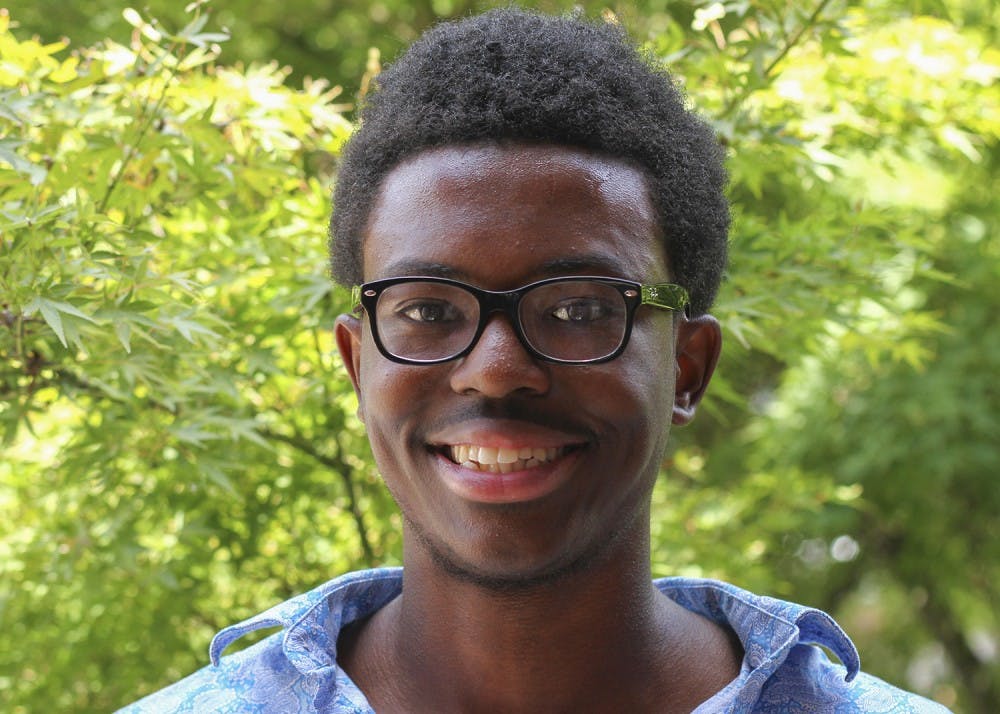Like many students in Chapel Hill, I was raised to believe in a cause. Being a child with an active imagination and restless legs, I took heed to any and every call to action with vigor and eagerness. Today, I write as a member of The Real Silent Sam Coalition — not on its behalf but to express my personal support.
I do not write for legitimacy, to shift public opinion or to draw opposition, but I write to reflect upon the dedicated work my peers have been involved with for over a decade.
The coalition began with calling for the contextualization of Silent Sam, a monument dedicated to the 321 UNC alumni who lost their lives during the Civil War, including those on the side of the Confederacy.
It has expanded its scope to include the renaming of Saunders Hall from the head of the Ku Klux Klan of North Carolina, William Saunders, to folklorist and anthropologist, Zora Neale Hurston, who attended classes at UNC under the tutelage of Paul Green.
Public opinion has varied for decades, ranging from the total support in favor of a renaming to sympathizing with Saunders for having been a man of his time.
But we have come to realize that arguments in favor of keeping Saunders’ name are shallow.
Saunders not only articulated his racism, he acted upon it. He accepted the position as head of the Ku Klux Klan, and to this day we choose to ignore the implication of what it would have meant to hold prominent office within a terrorist organization.
Saunders witnessed slavery, the war and Reconstruction, but his racism was not fitting with the time; it was exceptional.
My only response to the defense of a known Klansman is to ask what Saunders would do to any person who does not meet the rubric of being a white, Christian man.



